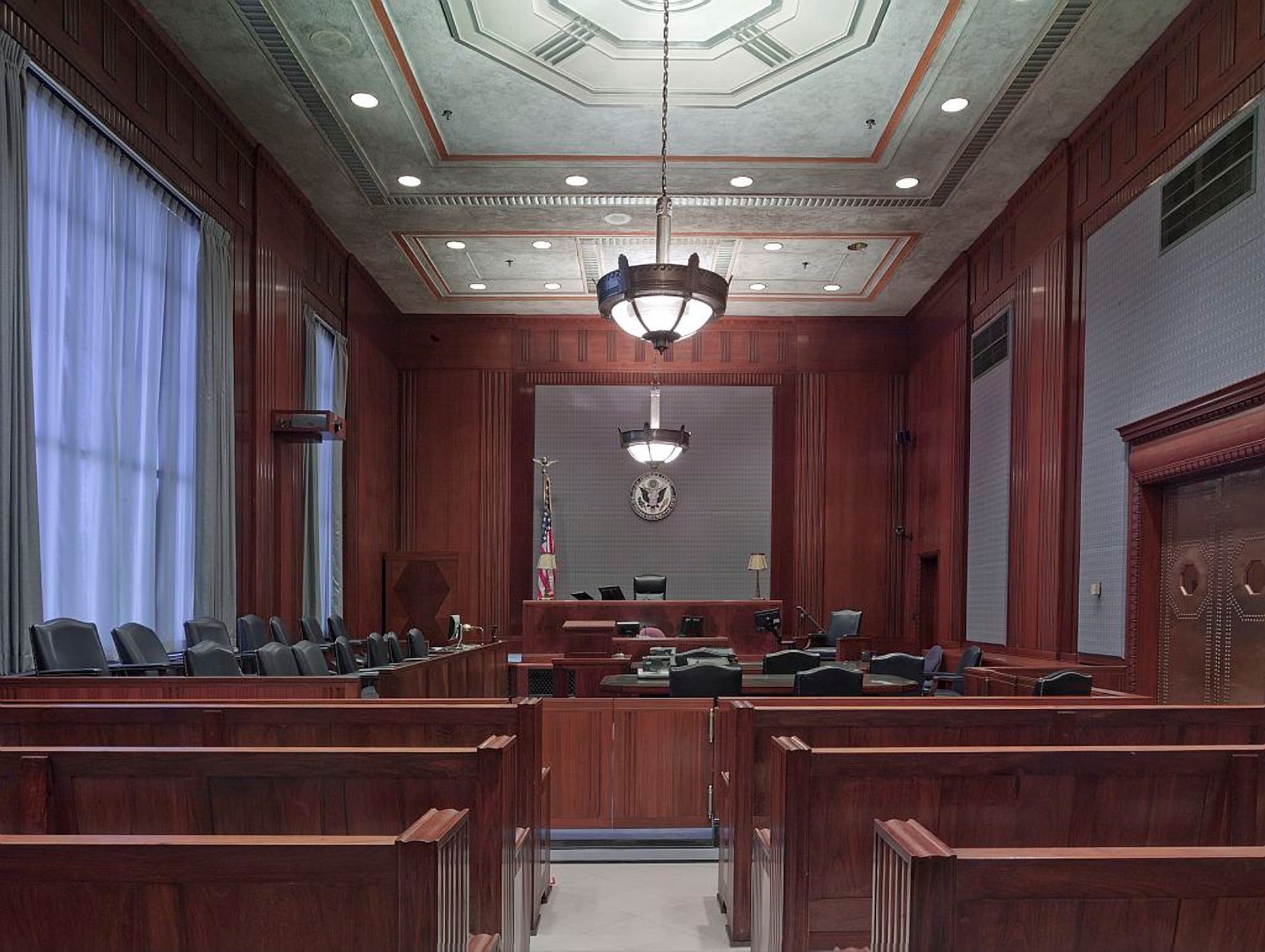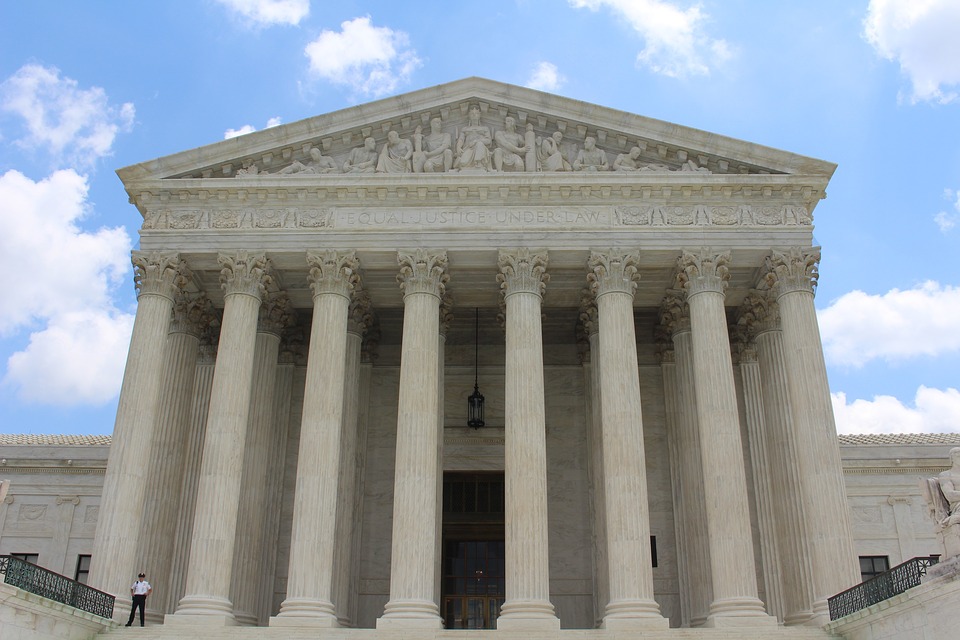Commonwealth v. Gomez: A Conditional Victory for Defendants
Earlier this month, the Supreme Judicial Court held that a defendant has a right to enter a “conditional plea.” A conditional plea allows a defendant to plead guilty but preserves the defendant’s right to appeal so me of the trial court’s rulings on legal issues. If the defendant wins the appeal, the plea becomes unenforceable; it is essentially void. For defendants who have legal defenses to charges – like, for example, a motion to suppress, or a challenge to the government’s interpretation of the reach of a particular criminal provision – a conditional plea is often the only meaningful way for defendants to challenge a lower court’s ruling. CONTINUE READING ›
me of the trial court’s rulings on legal issues. If the defendant wins the appeal, the plea becomes unenforceable; it is essentially void. For defendants who have legal defenses to charges – like, for example, a motion to suppress, or a challenge to the government’s interpretation of the reach of a particular criminal provision – a conditional plea is often the only meaningful way for defendants to challenge a lower court’s ruling. CONTINUE READING ›
 Boston Lawyer Blog
Boston Lawyer Blog













